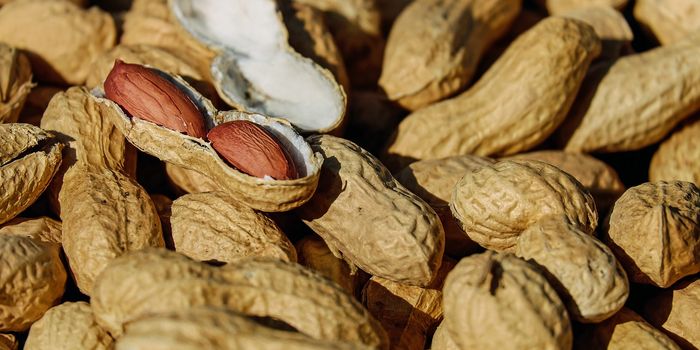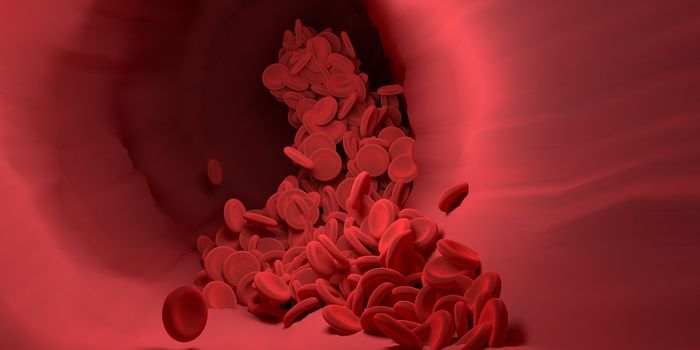Calorie Reduction Lowers Levels of Aging-Linked Proteins
A variety of studies have suggested that diets that restrict or reduce caloric intake can lengthen lifespan. In May, for example, researchers showed that when the caloric intake of mice was restricted, they lived about ten percent longer. When those feedings were aligned with a certain period of the circadian rhythm, their lifespan was extended even more, by about 35 percent compared to mice on unrestricted diets. That work was published in Science in May 2022.
In unrelated research reported in Science in February 2022, researchers led by Professor Vishwa Deep Dixit analyzed fat tissue from people who had been on a restricted-calorie diet for two years; they were participants in the CALERIE study. This showed that PLA2G7 expression was significantly reduced in immune cells called macrophages in those individuals. Now, these investigators have found that the levels of a protein called SPARC also drop in humans on that restricted diet. The findings have been reported in the journal Immunity.
In the CALERIE (Comprehensive Assessment of Long-term Effects of Reducing Intake of Energy) trial, participants reduced their intake of calories by 14 percent over two years. Another group of people in the study did not change their diet. The long-term health of the study volunteers was also tracked.
Fat tissue from these individuals was analyzed to determine how gene expression had changed in fat cells, which revealed the reduction in SPARC (secreted protein acidic and rich in cysteine). This protein has previously been linked to metabolic disorders and inflammation.
"Because inflammation plays such a big role in age-related decline, we wanted to better understand whether a pro-longevity intervention like calorie restriction works through SPARC in controlling inflammation and immune responses," explained Dixit, the director of the Yale Center for Research on Aging.
A mouse model revealed that SPARC can trigger inflammation by activating macrophages. When SPARC levels were lowered in fat cells, inflammation was reduced, metabolic health improved, and as they aged, the health of these mice was improved.
This research might lead to the development of therapeutics for age-related declines, suggested Dixit.
"We now have a better understanding of how SPARC affects inflammation and health span by acting on macrophages," added Dixit. "And it may be a useful target for inducing the health benefits of calorie restriction without having to actually alter calorie intake."
The video above discusses unrelated work that shows how caloric restriction promotes longevity.
Sources: Yale University, Immunity









